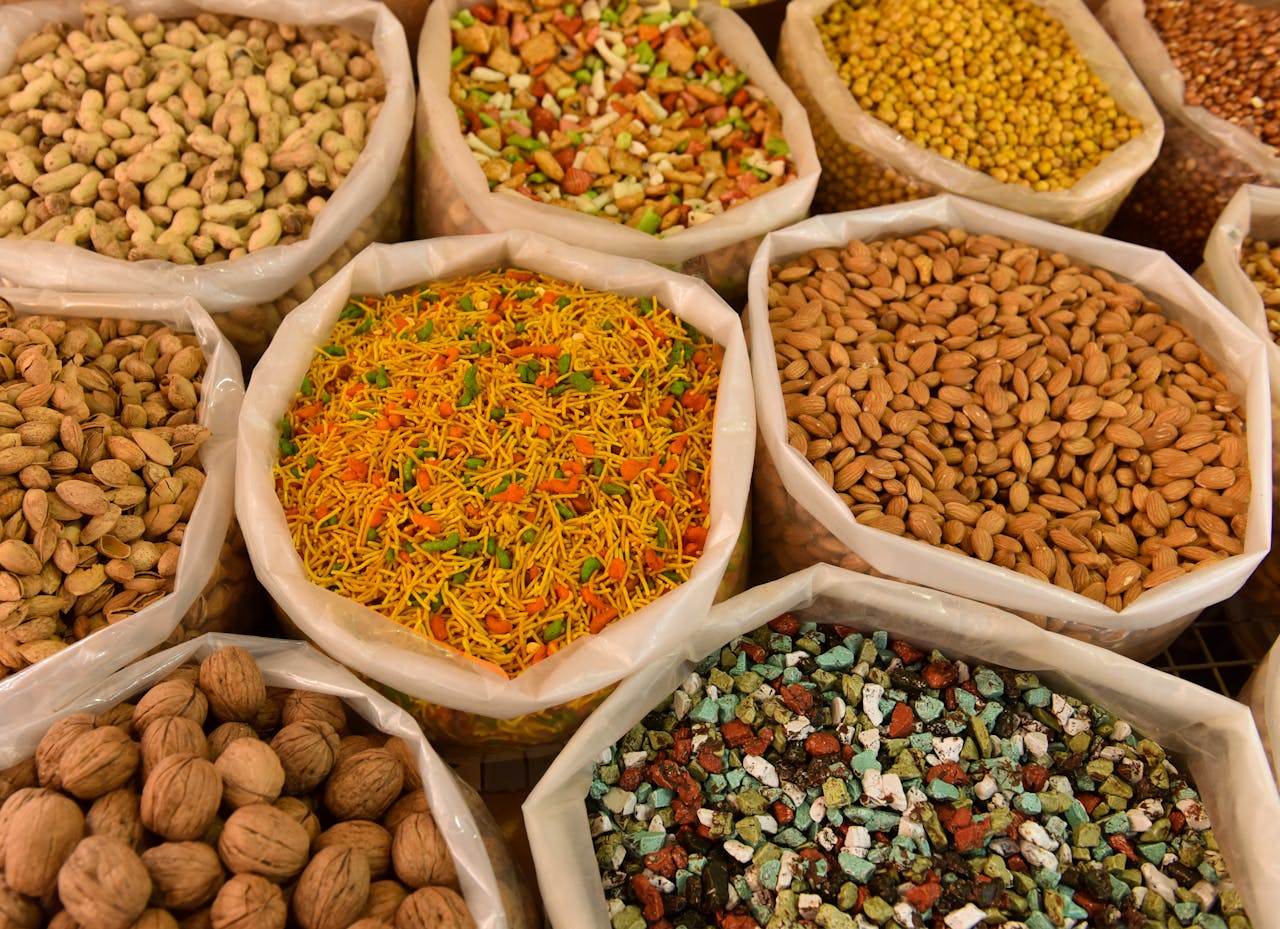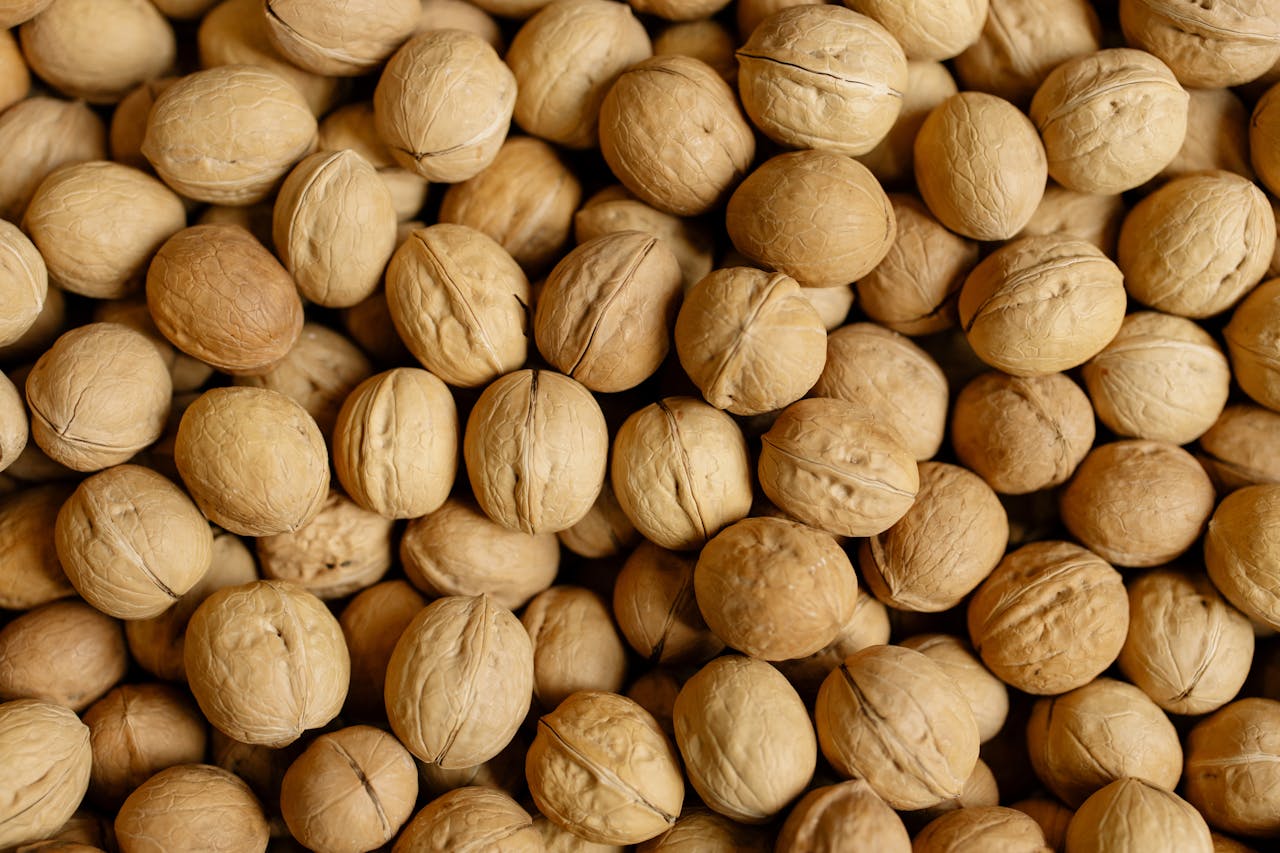Shopping in bulk can feel like a smart way to save money, especially when you see those giant packages and warehouse deals. But not every bulk buy is a bargain. Sometimes, buying more means wasting more—whether it’s food that spoils, products that lose their effectiveness, or items you simply don’t use up fast enough. Understanding which bulk items aren’t actually worth the price can help you avoid common pitfalls and keep your grocery budget in check. If you want to make the most of your money and avoid unnecessary waste, this list is for you.

Image Source: pexels.com
1. Fresh Produce
Bulk bags of apples, bananas, or salad greens might seem like a good deal, but fresh produce is one of the riskiest bulk items. Unless you have a large family or host frequent gatherings, it’s tough to finish large quantities before they spoil. Wilted lettuce and mushy berries end up in the trash, turning your “deal” into a loss. Instead, buy only what you can realistically eat within a week. If you want to save on fruits and veggies, consider frozen options, which last much longer and reduce waste.
2. Spices
Spices lose their potency over time, especially when stored in large containers that get opened and closed repeatedly. While a giant jar of cinnamon or chili powder might look like a bargain, most home cooks won’t use it up before the flavor fades. Dull spices mean bland meals, and you’ll end up tossing the leftovers. Buy smaller quantities of spices to keep your dishes tasting fresh and vibrant. This way, you get the best flavor for your money and avoid cluttering your pantry with half-used jars.
3. Cooking Oils
Cooking oils, such as olive or vegetable oil, can go rancid if not used quickly enough. Large containers may seem cost-effective, but unless you’re frying food daily or cooking for a crowd, you risk ending up with oil that smells off and tastes bitter. Rancid oil isn’t just unpleasant—it can also be unhealthy. Stick to smaller bottles that you can finish within a couple of months, ensuring your meals always taste their best and you’re not wasting money.
4. Flour and Baking Mixes
Flour and baking mixes are pantry staples, but they don’t last forever. Exposure to air, moisture, and pests can ruin large bags before you have a chance to use them. Unless you bake frequently, buying in bulk often leads to waste. Flour can develop a stale taste, and baking mixes may lose their leavening power, resulting in disappointing baked goods. Opt for smaller packages that match your baking habits, and store them in airtight containers to extend freshness.

Image Source: pexels.com
5. Condiments
Bulk ketchup, mayonnaise, and salad dressings are tempting, but these condiments have a limited shelf life once opened. Even in the fridge, they can separate, lose flavor, or spoil before you finish the container. Unless you’re running a sandwich shop at home, stick to regular-sized bottles. This way, you’ll always have fresh-tasting condiments and avoid the guilt of tossing out half-full jars.
6. Cereal
Cereal is a classic bulk buy, but it’s not always a smart one. Large boxes or bags can go stale quickly, especially if you don’t eat cereal every day. Kids may get bored with the same flavor, or you might just not get through it fast enough. Stale cereal isn’t enjoyable, and you’ll end up throwing it away. Buy smaller boxes or variety packs to keep breakfast interesting and fresh.
7. Personal Care Products
Bulk shampoo, conditioner, and body wash can seem like a good investment, but formulas can change over time. Scents may fade, and ingredients can separate or degrade, especially if stored in humid bathrooms. Plus, you might want to switch brands or scents before you finish that giant bottle. Buying regular sizes lets you try new products and ensures you’re always using something fresh and effective.
8. Snacks
Bulk bags of chips, crackers, or cookies are convenient, but they often lead to overeating or waste. Snacks can go stale quickly once opened, and the temptation to eat more just because you have more is real. If you’re not hosting parties or feeding a crowd, stick to smaller packages. This helps with portion control and keeps your snacks tasting crisp and delicious.
Smarter Bulk Shopping: Quality Over Quantity
The key to smart bulk shopping is knowing when bigger isn’t better. While some items—like paper towels or canned goods—can be great bulk buys, others just don’t make sense for most households. Focus on products you use regularly and can store safely for long periods. Pay attention to expiration dates, storage conditions, and your actual consumption habits. By being selective, you’ll save money, reduce waste, and make your grocery budget work harder for you.
What bulk items have you regretted buying? Share your stories and tips in the comments below!
Read More

